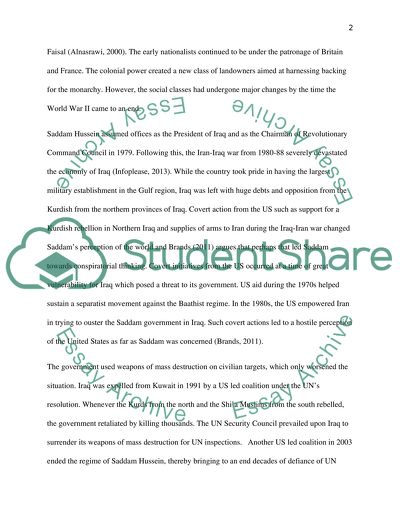Cite this document
(“Major Obstacles in the Economic Development of Iraq Essay”, n.d.)
Major Obstacles in the Economic Development of Iraq Essay. Retrieved from https://studentshare.org/history/1492671-what-is-the-biggest-obstacle-to-economic
Major Obstacles in the Economic Development of Iraq Essay. Retrieved from https://studentshare.org/history/1492671-what-is-the-biggest-obstacle-to-economic
(Major Obstacles in the Economic Development of Iraq Essay)
Major Obstacles in the Economic Development of Iraq Essay. https://studentshare.org/history/1492671-what-is-the-biggest-obstacle-to-economic.
Major Obstacles in the Economic Development of Iraq Essay. https://studentshare.org/history/1492671-what-is-the-biggest-obstacle-to-economic.
“Major Obstacles in the Economic Development of Iraq Essay”, n.d. https://studentshare.org/history/1492671-what-is-the-biggest-obstacle-to-economic.


